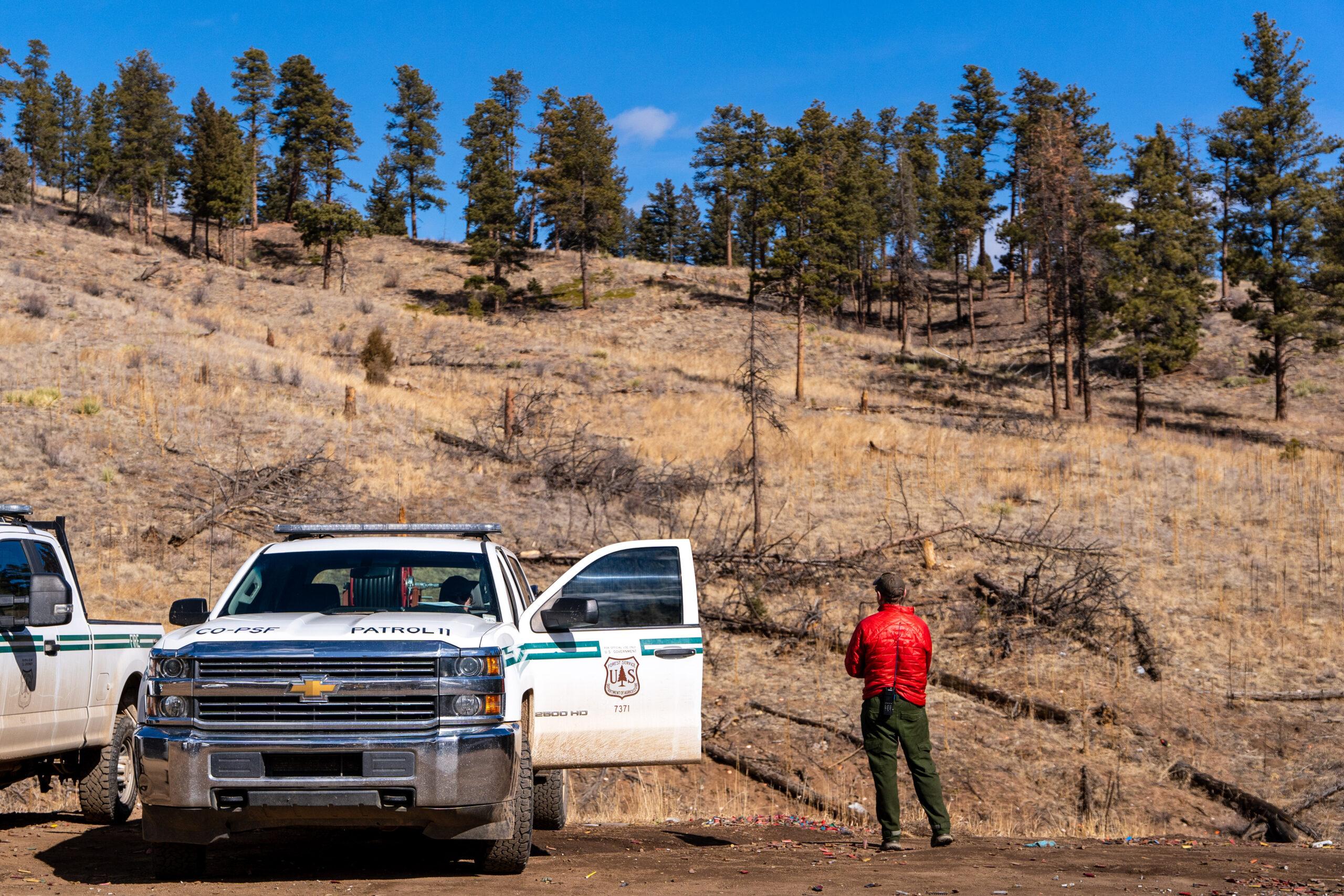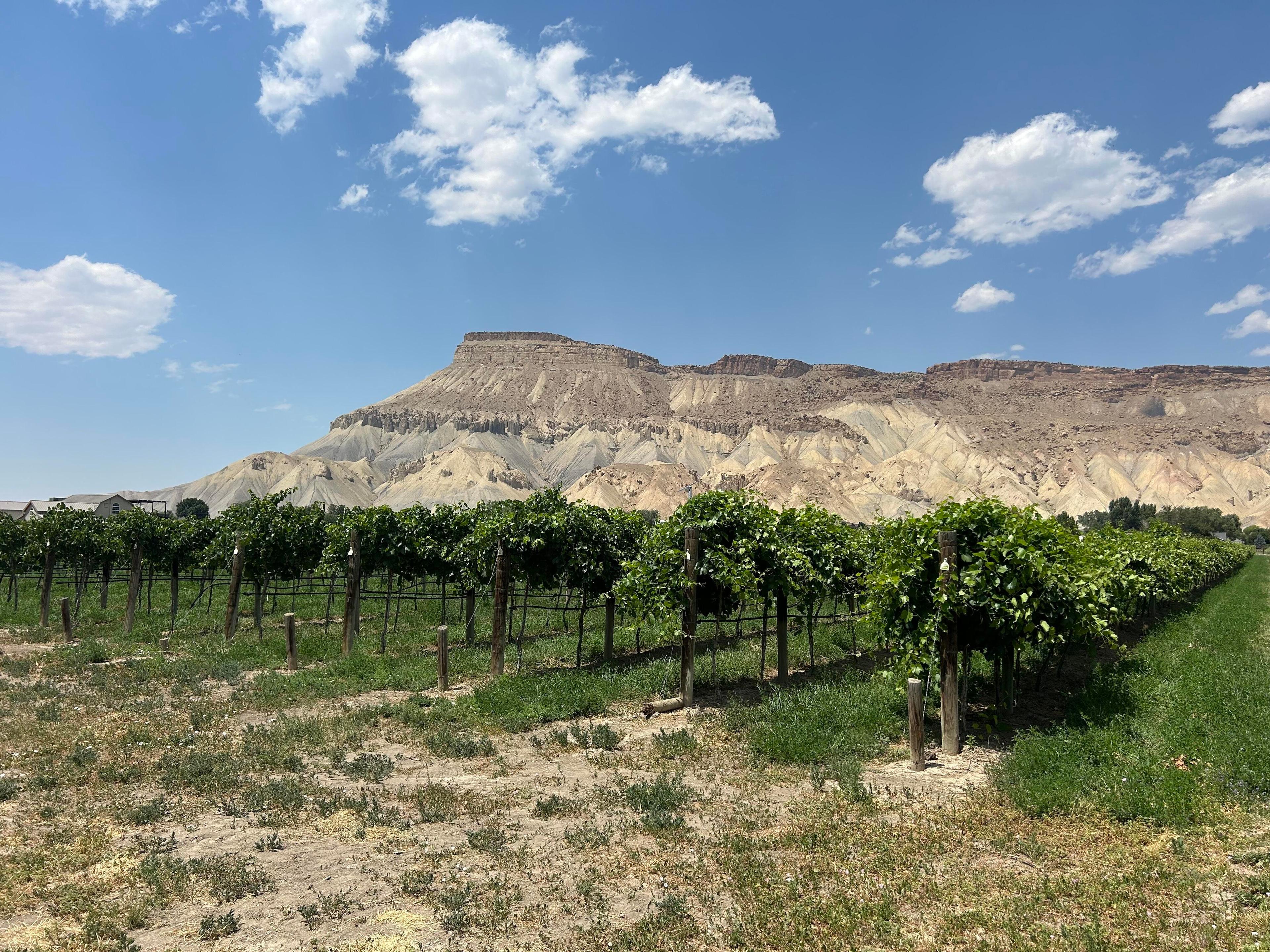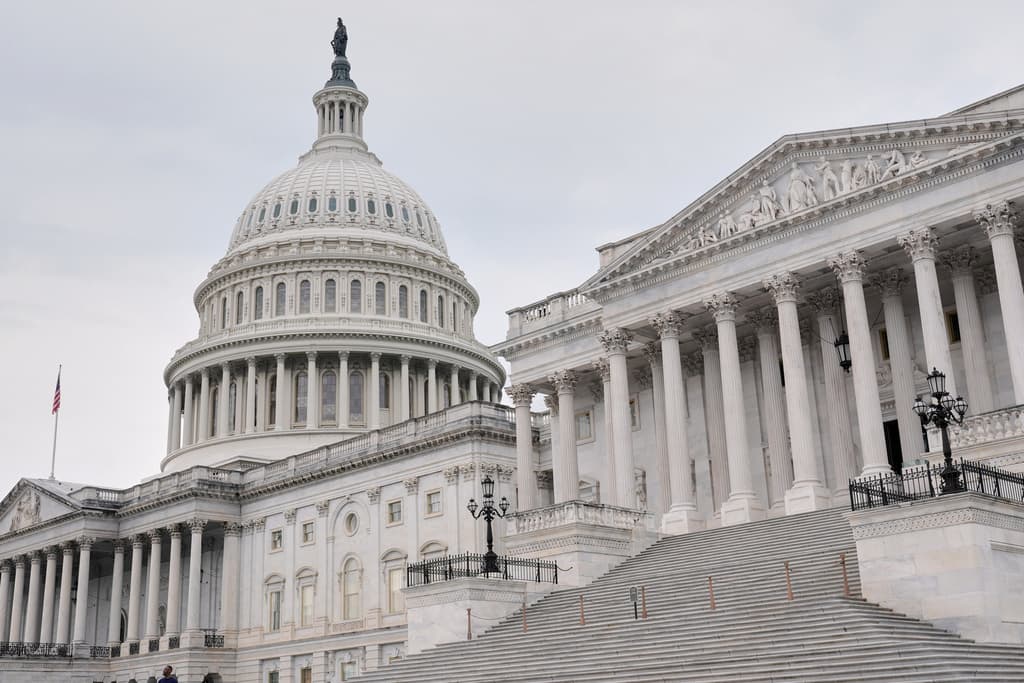
When it comes to meeting Clean Power Plan goals, Colorado is ahead of its peers in the West.
To find out why, look no further than Xcel Energy’s Cherokee Generating Station in Denver. Coal-fired electricity generation here used to be a big source of carbon dioxide emissions. Later this year, this plant will fully transition to natural gas.
It’s the sound of progress to Frank Prager, vice president for policy at Xcel Energy.
“This state has been on a path for a long time to reduce its emissions and transition to a clean energy future,” said Prager.
Two Colorado measures played a key role. In 2004, voters passed one of the first renewable energy standards in the country. In 2010, lawmakers passed Clean Air Clean Jobs, a bill that retired some coal-fired power plants. The plan was aimed at meeting clean air standards enforced by the Environmental Protection Agency.
“Those efforts have really helped us get ready for what’s in this plan,” said Prager.
The Obama administration’s Clean Power Plan aims to curb carbon emissions 32 percent by 2030. Each state has its own unique target. Looking at the rate-based goal, the EPA assigned Colorado a 40-percent reduction of its carbon emissions levels by 2030.
That may sound like a lot. Coal-based states like Wyoming and West Virginia have similarly tough goals. But Stacy Tellinghuisen with the conservation group Western Resource Advocates estimates the state has already committed to meeting three-fourths of the final EPA goal.
"When we look at the state’s trajectory, we see a dramatic reduction in carbon pollution particularly from our coal plants between now and 2020,” said Tellinghuisen. “That’s not driven by these regulations. That’s been driven by these proactive measures that utilities and the state have taken."
Tellinghuisen said New Mexico and Nevada are also leaders in the Interior West. Meantime, California is well ahead of the pack. That state’s climate change programs have charted a course that will allow California to meet EPA goals well ahead of schedule.
Clean energy politics
To make it across the finish line in 2030, Colorado still has work to do. Democratic Gov. John Hickenlooper told Colorado Matters that he is committed to Clean Power Plan goals.
But it may turn out that the politics over clean power are more complicated than actually producing cleaner energy.
Republican Attorney General Cynthia Coffman has said the Clean Power Plan raises “significant concerns” and is weighing her legal options. That could include joining 15 other states that have sued the EPA. Coffman declined CPR News’ request for an interview.
Her concerns, though, are echoed by Colorado’s coal industry.
“I think we’ve already seen a hit,” said Dianna Orf with the Colorado Mining Association. Coal production is at a 20-year low across the state. The plan is expected to further reduce coal production across the West.
Orf said ultimately it could be electricity rate payers who’ll get stuck paying higher bills.
“We just don’t believe this Clean Power Plan is going to be worth what it is costing in terms of jobs and in terms of cost to the consumer,” said Orf.
The Obama administration says the plan will save the average family money.
Ultimately it’s the Colorado Department of Public Health and Environment that is charged with the task of developing the state’s Clean Power Plan. Chief Medical Officer Dr. Larry Wolk said he’s not worried about the specter of a legal challenge affecting the state’s process.
“I think we would be undaunted in our desire and our actions to move forward,” said Wolk.
The CDPHE expects to start meeting with utilities and other stakeholders in the coming weeks.








